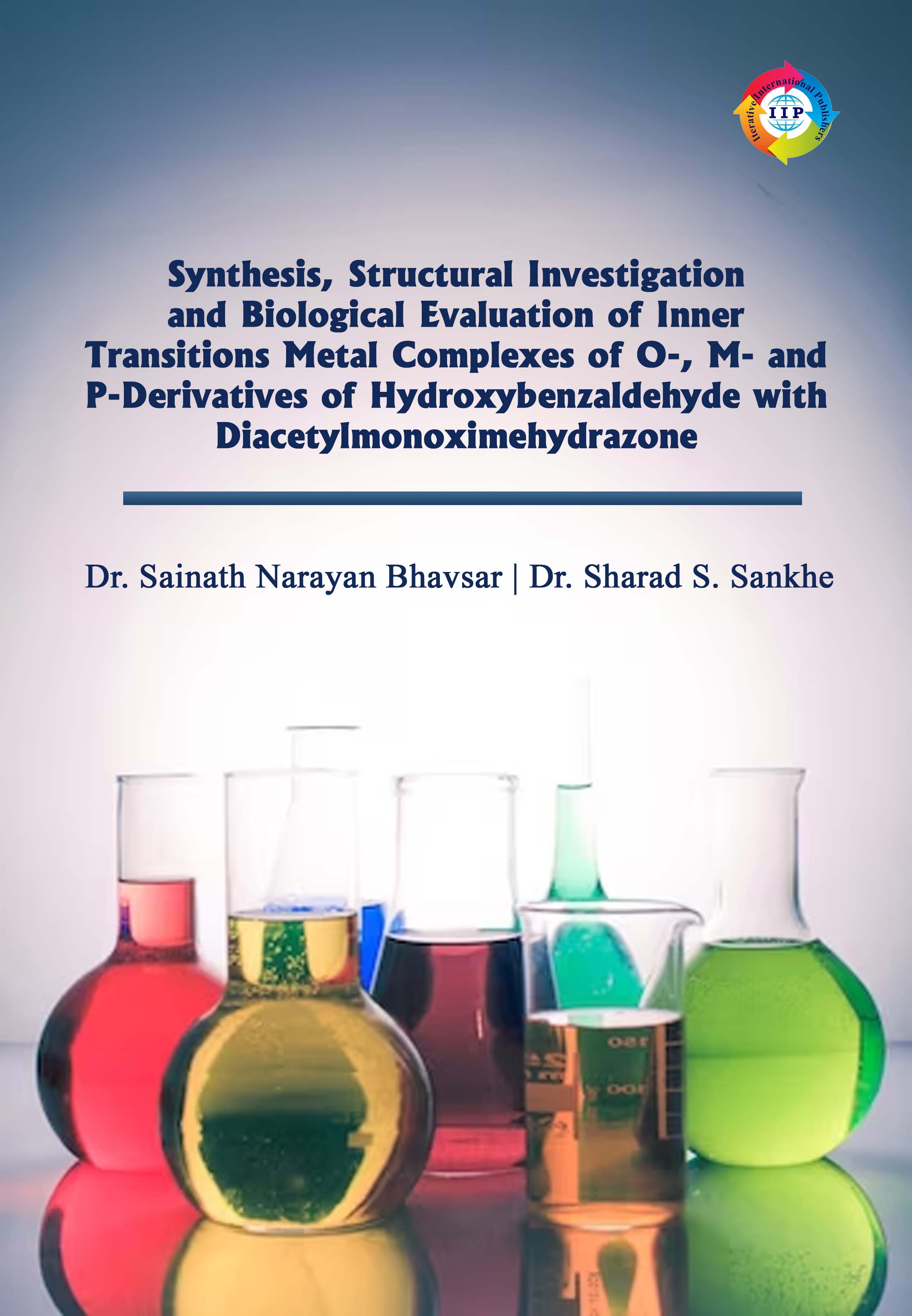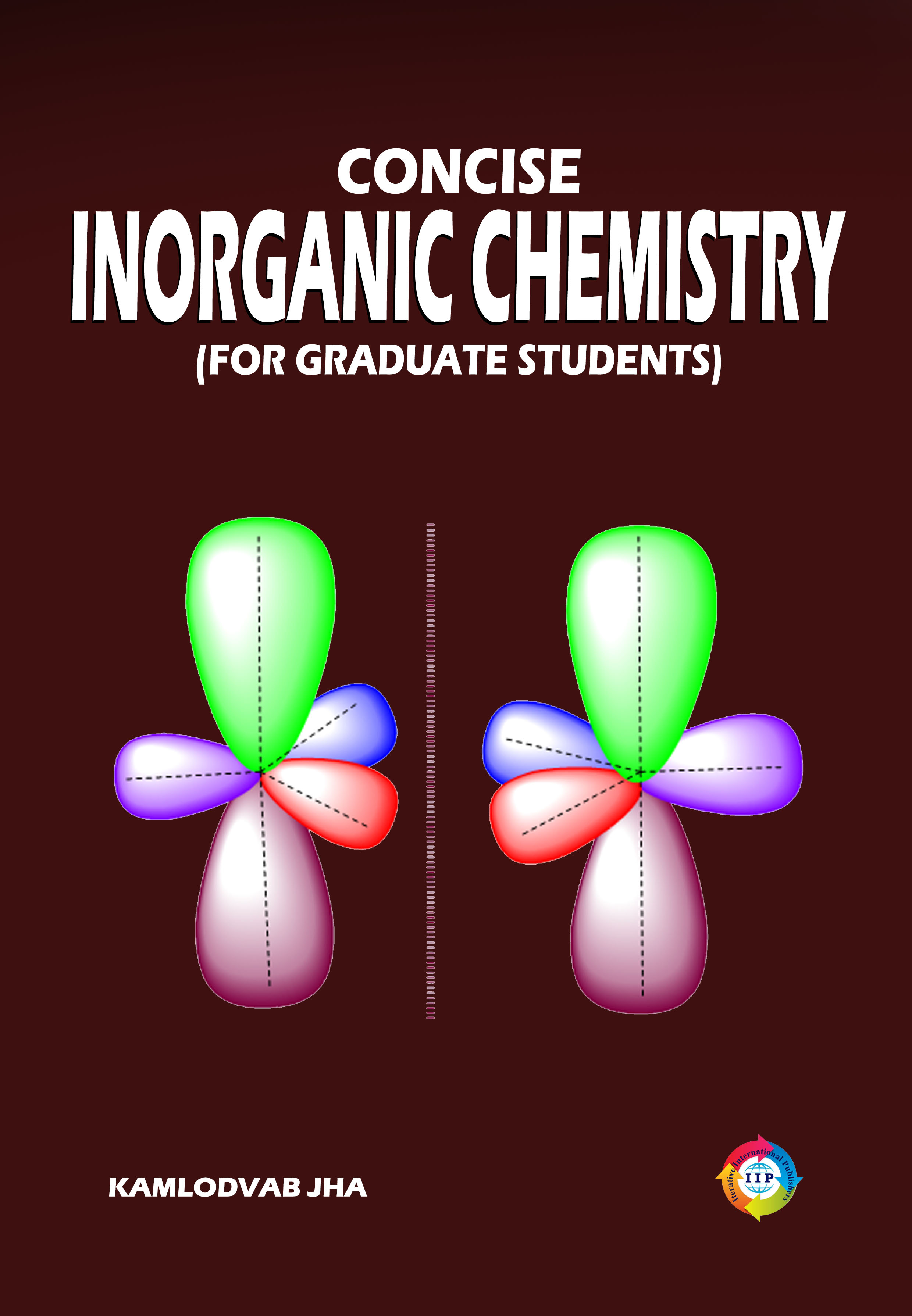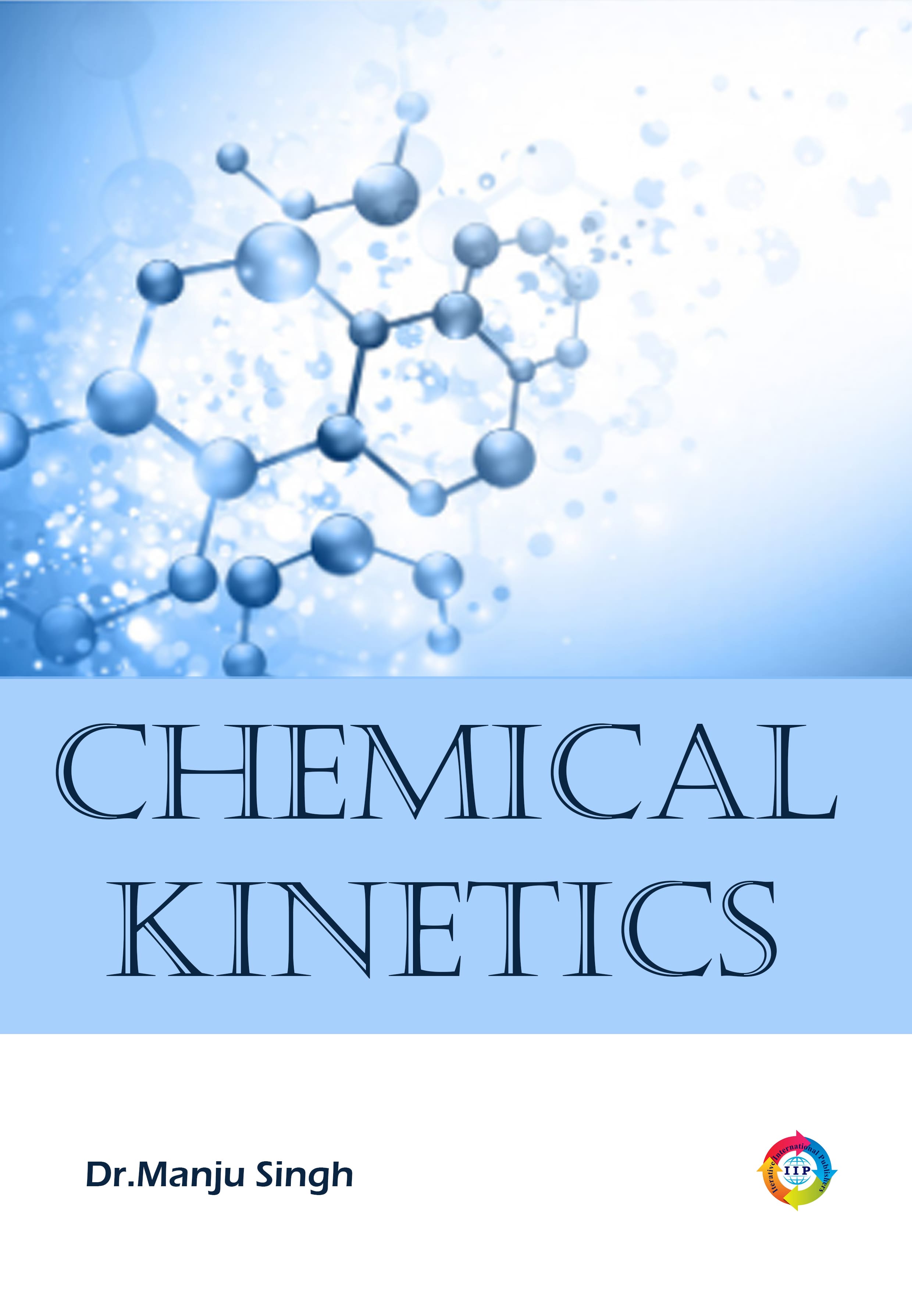.jpg)
A STUDY MATERIAL FOR APPLIED CHEMISTRY
-
TypeEbook
- CategoryAcademic
- Sub CategoryText Book
- StreamChemical Science, Material Science & Nano Technology
“A Study Material For Applied Chemistry” book is exclusively dedicated to First Year B. Tech Graduate students (CSE, ECE & IT branches) under JNTU Kakinada affiliated colleges R20 regulation. This book prepared as per the syllabus prescribed by JNTU Kakinada. This material is well written and easy to understand the concepts. This book is essential for Semester exam preparation. All topics covered and suggested important questions which are coming in semester end exam of Applied Chemistry Paper.
This book contains 5 chapters (Units) as per the prescribed syllabus by JNTU Kakinada. First chapter (Unit) is Polymer technology, the outcome of this chapter is at the end of this chapter student can be able to understand the importance of plastics and knows the fabrication process of plastics. In this chapter, authors explained bio medical, bio – degradable and bio polymers separately.
Second Chapter (unit) is Electrochemical Cells & Corrosin, the outcome of this chapter is at the end of this chapter student can be able to identify different types of batteries and apply the corrosion control methods in real life. This Chapter devides into two parts. Part A deals about electrochemical cells and different types of batteries and Part B deals about corrosion factors and types of corrosion and its control methods.
Third Chapter (Unit) is Material Chemistry, This unit devides as part A & B. Because Mid I exam portion is upto part A of this chapter. Part A consists of Semiconductors preparations and applications, Magnetic materials and Hall Effect, and Electrical insulators and their applications. Mid II exam portion starts from part B. Part B contains Nano materials, Carbon nanotubes, Fullerenes, Graphene, Liquid Crystals and Super conductors. At the end of this chapter student can be able to learn about various materials which are used in different fields like electrical and medical and chemical industries.
Fourth Chapter (Unit) is Spectroscopic techniques and Non conventional energy sources. At the end of this chapter student can be able to learn advanced analytical techniques like UV-Vis, FT- IR, NMR spectroscopic techniques and understand the alternate energy sources for non – conventional energy sources. Solar cells and Ocean Thermal Energy Conversation are promise techniques in future energy.
Fifth Chapter (Unit) is Advanced Topics in Chemistry deals Introduction Computational Chemistry and Molecular machines. These new topics are introduced in this syllabus from last year. Especially introduction to computational chemistry is very new and to these level students, so far there is no sufficient information available for this level student hence this book is very helpful. At the end of this chapter students will learn the basic information about computational chemistry and molecular mechanics.
|
Buy From |
||
|---|---|---|
| IIP Store | ₹ 160 | |
| Amazon Kindle | ₹ 200 | |
| View Demo | View Demo | |





COMMENTS
hhr0as
v3xfxz
aomuw0
t6ylk0
szo4kd
kb8ed2
flo3h1
s1jfzq